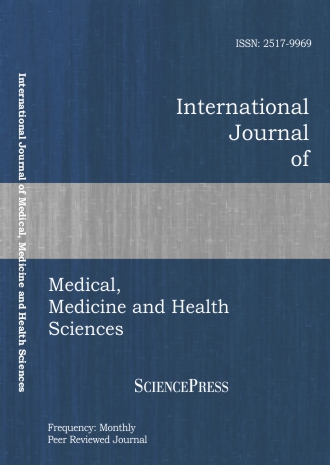
Scholarly
Volume:3, Issue: 6, 2009 Page No: 91 - 95
International Journal of Medical, Medicine and Health Sciences
ISSN: 2517-9969
Extraction of Fetal Heart Rate and Fetal Heart Rate Variability from Mother's ECG Signal
This paper describes a new method for extracting the fetal heart rate (fHR) and the fetal heart rate variability (fHRV) signal non-invasively using abdominal maternal electrocardiogram (mECG) recordings. The extraction is based on the fundamental frequency (Fourier-s) theorem. The fundamental frequency of the mother-s electrocardiogram signal (fo-m) is calculated directly from the abdominal signal. The heart rate of the fetus is usually higher than that of the mother; as a result, the fundamental frequency of the fetal-s electrocardiogram signal (fo-f) is higher than that of the mother-s (fo-f > fo-m). Notch filters to suppress mother-s higher harmonics were designed; then a bandpass filter to target fo-f and reject fo-m is implemented. Although the bandpass filter will pass some other frequencies (harmonics), we have shown in this study that those harmonics are actually carried on fo-f, and thus have no impact on the evaluation of the beat-to-beat changes (RR intervals). The oscillations of the time-domain extracted signal represent the RR intervals. We have also shown in this study that zero-to-zero evaluation of the periods is more accurate than the peak-to-peak evaluation. This method is evaluated both on simulated signals and on different abdominal recordings obtained at different gestational ages.